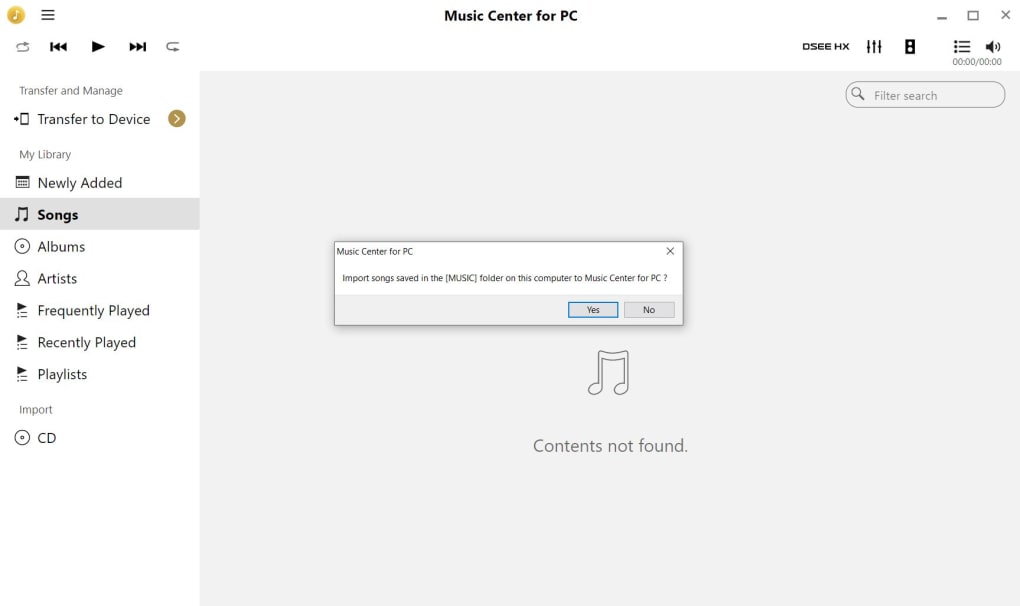

We’ll discuss why this might matter to you later. When the file is received and processed by compatible audio gear, this fingerprint acts as a kind of authentication, letting listeners know that they’re hearing the same version that the artist or engineer created in the studio. An MQA file (or stream) possesses a type of digital fingerprint.

The files are about the same size as a lossless, CD-quality FLAC file, and yet Stuart claims that through a process called music origami, it can deliver sound quality that is comparable to a much larger, hi-res lossless FLAC file - if the source itself is hi-res.During the creation of an MQA file, filtering and processing are applied to correct a problem that can happen to any digital audio, known as time-domain smearing.The MQA audio format has several elements that make its creators believe it’s unique: But for now, we’ll stay focused on MQA, the audio technology. We’ll discuss Stuart’s company later in this article. audio firm Meridian Audio and invented MLP, the lossless audio technology at the heart of DVD and Blu-ray audio. MQA (the company) was founded by Bob Stuart, the same person who founded the U.K. It’s also, somewhat confusingly, the name of the company that develops and licenses those technologies. MQA stands for Master Quality Authenticated and is the name of an audio format and a collection of licensed technologies for working with that format.


 0 kommentar(er)
0 kommentar(er)
